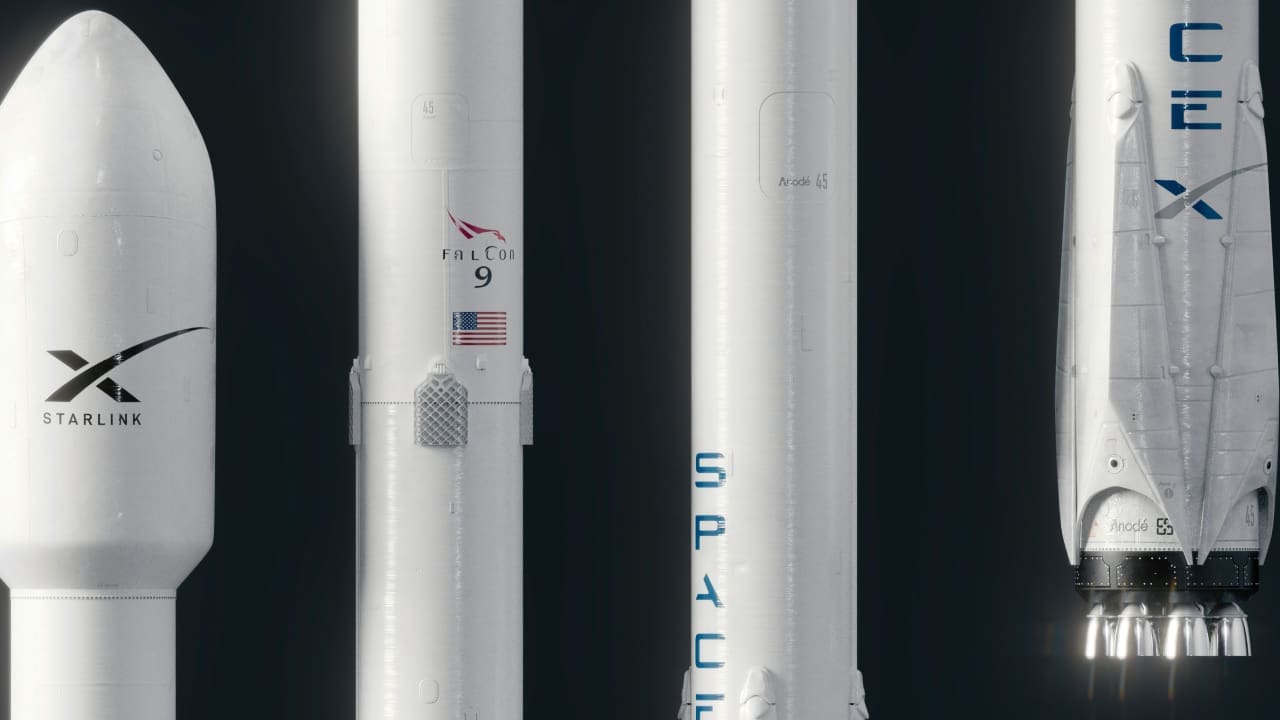- Starlink owner SpaceX pulled out last minute from a presentation it was supposed to give ICASA last week in South Africa.
- It comes as owner Elon Musk doubles down on statements against the South African government.
- Recent actions of its owner and headwinds across the African market may jeapordise Starlink’s launch in South Africa.
As South Africa prepares to change policy to allow companies like SpaceX and its Starlink satellite internet brand in South Africa, there are signs that the relationship between the company and the government has soured.
On Friday, it was revealed that SpaceX decided last minute to pull out of an ICASA hearing held last week, a hearing in which it was expected to make a presentation to the South African communication regulator
According to ConnectingAfrica, SpaceX notified ICASA only a day before the hearings were set to take place that it would no longer host a presentation. The Department of Communications and Digital Technologies have been planning a workaround for the 30 percent ownership rule in order to get ICASA to license Starlink in South Africa.
This workaround would see SpaceX instead invest in Black businesses or other entities belonging to historically disadvantaged groups that would have a similar impact. It is called Equity Equivalence and is explained in the South African Codes of Good Practice.
If all the discussions went well, Starlink would be slated to launch around the middle of 2025 locally.
Starlink rescinding its presentation last minute comes as its owner Elon Musk has launched a crusade of misinformation against the South African government, together with US President Donald Trump. The duo have called out South Africa for perpetrating alleged hate crimes against its Afrikaner population relating to the Land Expropriation Act recently signed into law.
Trump also signed an executive order to cancel all USAID funding for South Africa, but these form part of a larger plan to cut all USAID funding globally as well.
“It is of great concern that the foundational premise of this order lacks factual accuracy and fails to recognize South Africa’s profound and painful history of colonialism and apartheid,” the South African government says in an official statement.
“We are concerned by what seems to be a campaign of misinformation and propaganda aimed at misrepresenting our great nation. It is disappointing to observe that such narratives seem to have found favour among decision-makers in the United States of America.”
While it was previously believed that Starlink was holding licensing talks with the South African government, recent actions by its owner may put those talks in jeopardy. Added to this is a serious of hiccups Starlink has been dealing with across some its other African markets, like a ban in Namibia, hefty tariffs in Kenya and sanctions in Nigeria.

